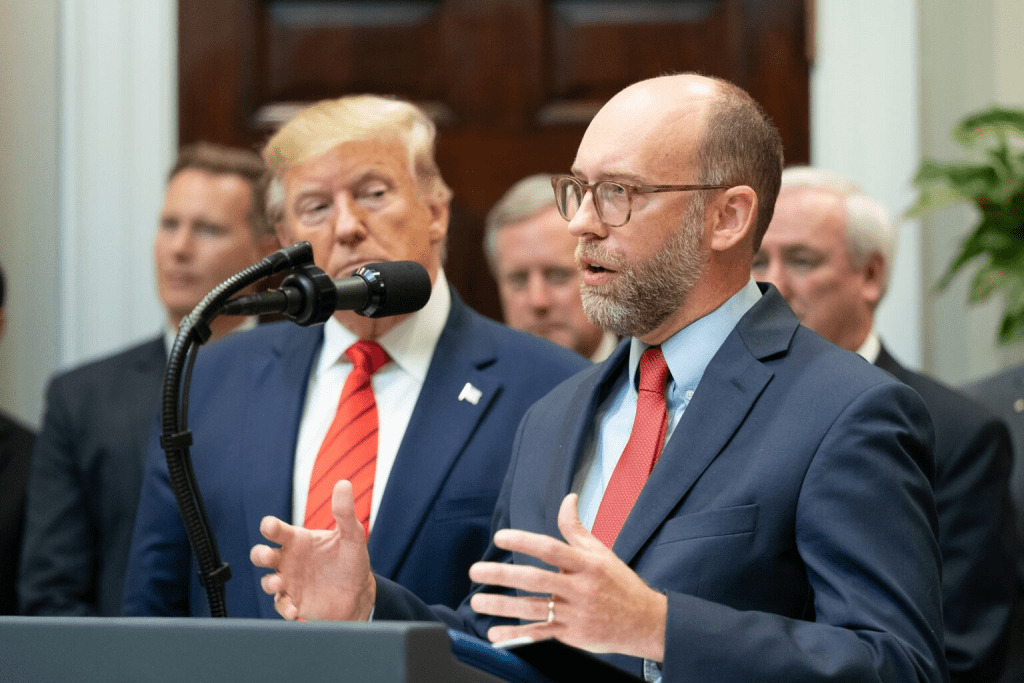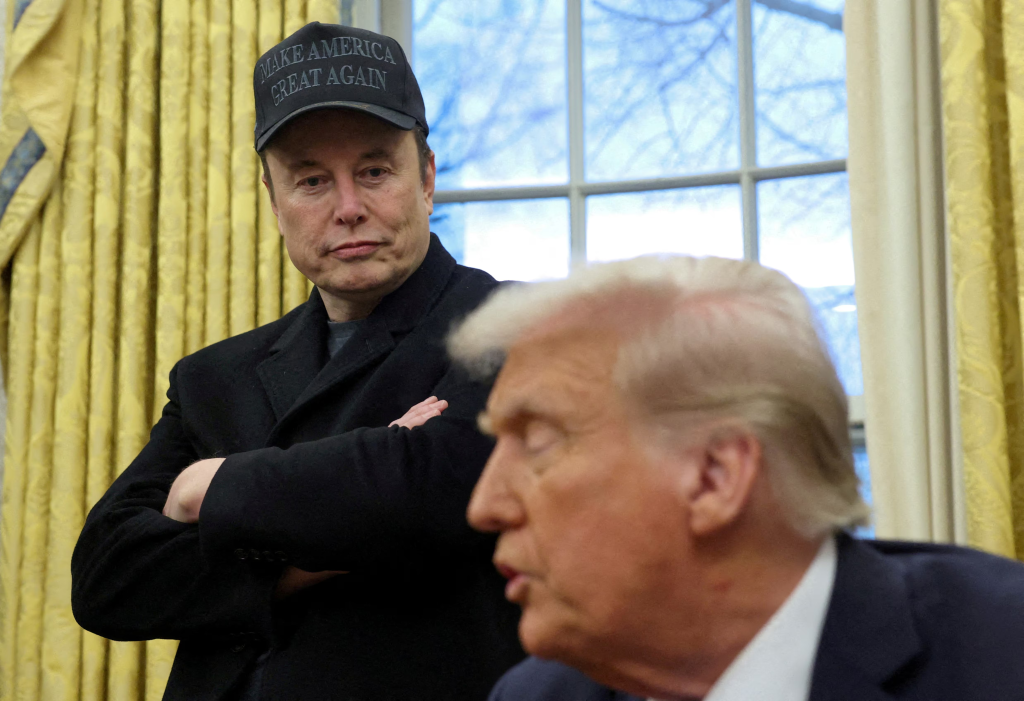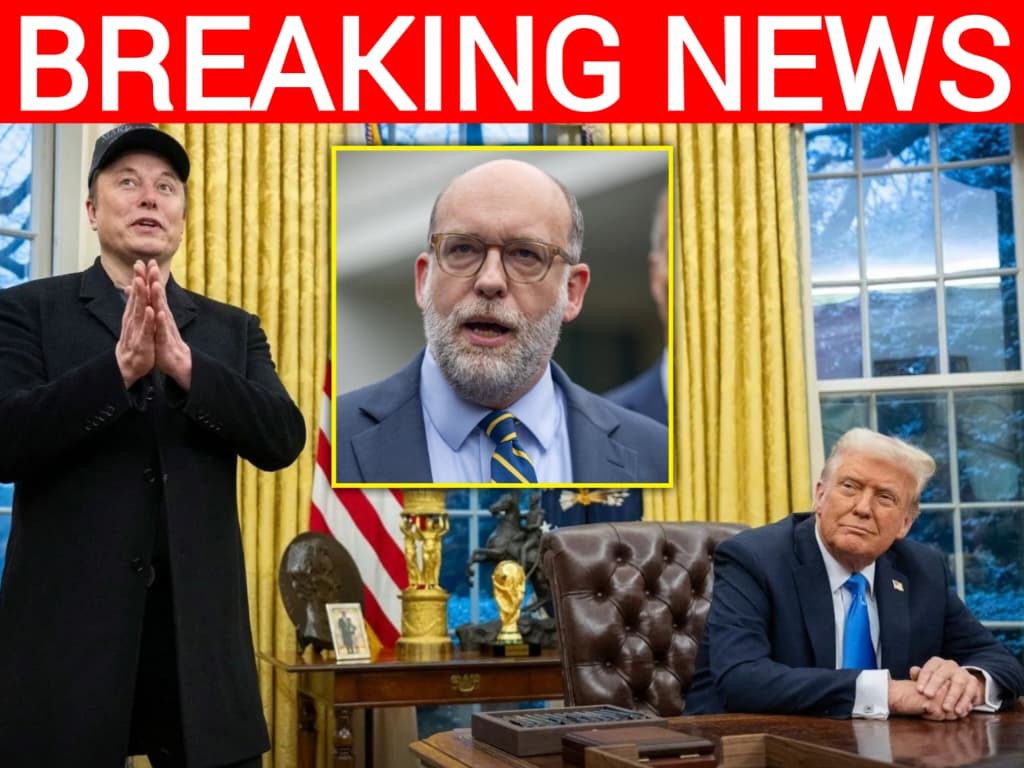Amid Historic 2025 Government Shutdown, Trump’s DOGE and OMB Staff Stay Exempt as 800,000 Federal Workers Face Furloughs
The U.S. government shutdown in 2025 has already made headlines for its sheer scale, with over 800,000 federal workers furloughed as negotiations grind to a halt in Washington. Yet one of the most surprising twists has come out of the White House itself. While a third of its own staff are being sent home without pay, one agency remains untouched: the Department of Government Efficiency, known simply as DOGE. Every one of its 45 employees, along with 49 staffers from the Office of Management and Budget under Russ Vought, are staying put. Their exemption is more than just a bureaucratic technicality—it is a clear sign of where priorities are being drawn in this shutdown fight.

DOGE was launched in January 2025 by President Donald Trump, a move that at the time was seen as both ambitious and controversial. Built around the idea of cutting waste and tightening federal spending, it was given a mandate few could ignore: to slash $2 trillion from the budget. To help achieve that mission, Trump tapped two figures who have never been shy about big, bold ideas: Elon Musk and Vivek Ramaswamy. Together with Vought, they’ve styled DOGE as a new kind of watchdog, one that doesn’t just track spending but actively tears down the structures that allow bloat and inefficiency to thrive.

So when news broke that DOGE and Vought’s 437 OMB staffers were exempt from the furlough order, reactions came quickly. Supporters saw it as a necessary step to keep the spending cutters in place while the rest of Washington freezes. Critics, however, worried that it symbolized an uneven system where some priorities are shielded while others take the hit. For federal workers facing lost wages and uncertain futures, the symbolism wasn’t lost.
Images from the past week only reinforced that narrative. Russ Vought, who previously served as Trump’s budget director, stood before cameras defending the decisions, arguing that cutting inefficiency was more urgent now than ever. Inside the Oval Office, Elon Musk was pictured gesturing energetically next to Trump, the two men embodying a vision of aggressive reform that doesn’t stop even during crisis. Meanwhile, aerial views of the White House painted a stark contrast: one of the most powerful buildings in the world humming with activity in select offices, while thousands of employees across agencies sat idle at home.

The decision to keep DOGE working also speaks to Trump’s larger political strategy. This shutdown, like those before it, is about leverage. By making DOGE untouchable, Trump underscores his message that spending cuts and efficiency aren’t side projects—they are the centerpiece of his presidency. The optics are unmistakable: when the government closes its doors, the cutters keep cutting. It’s a message meant for Congress, but also for voters watching anxiously as the impacts ripple through the economy.
For the everyday American, though, the picture is complicated. While Musk and Ramaswamy push forward with plans to reimagine government budgets, hundreds of thousands of families are bracing for missed paychecks. Shutdowns have a way of turning abstract debates into kitchen-table crises, and no amount of rhetoric about efficiency can dull the sting of bills piling up. Still, there’s no denying the symbolic power of DOGE’s survival. To Trump and his allies, it proves that his administration is committed to reshaping Washington, even if it means braving the political storm of a shutdown.

This moment captures the paradox of American politics in 2025. On one hand, a bold new department built on radical cost-cutting is treated as sacred, immune to the cuts happening everywhere else. On the other, the very workers who keep government services alive are left waiting for a resolution. Whether DOGE delivers on its $2 trillion promise or not, its place in this shutdown ensures it will be remembered as more than just another acronym. It has become a symbol—of Trump’s vision, of Washington’s divides, and of the strange priorities that surface when the government grinds to a halt.



